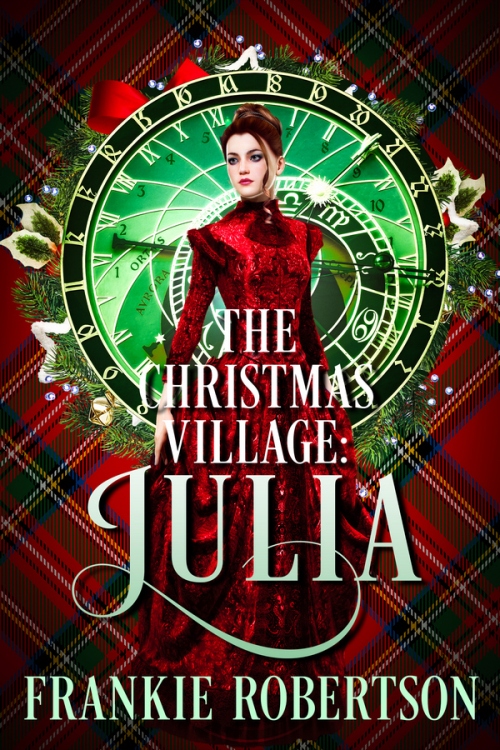Last time I wrote about hope, and how necessary it was to a writer. Something that has made a tremendous difference to me over the years is belonging to a critique group.
I’ve been fortunate to be a member of four critique groups. I organized the first one and it included my husband and three friends who were trying to break in. That group taught me the first three lessons of CG’s.
1) Decide from the start how you want to run the thing. In our case, we decided to use a relaxed version of the rules used at the Clarion writing workshops. We handed out our chapters, read through them, then brought them back and read our comments aloud. For the most part, we tried to keep our comment time as close to five minutes as possible, so we could a) get through in a reasonable time, and b) not seem like we were belaboring a point. Authors were to listen and not interrupt or defend.
2) It’s best if you all are striving for the same thing. In our case, we were all working toward professional publication. None of us were writing for our own amusement or memoirs for our families.
3) If one person says something, it’s one person’s opinion. LISTEN! (Especially if you don’t like what you’re hearing.) Evaluate it. Then take it or leave it. If several people make the same observation, you should look long and hard at the problem area.
My second critique group, eventually named “Working Title” taught me four more lessons:
4) It’s good if all members of the group are familiar with the genres being written. It’s not absolutely necessary, but it helps. Science fiction, fantasy, and romance all have conventions specific to the genre.
5) Mention the good things as well as the mistakes. As Emma Bull said on a panel once, “If you don’t tell me what I did right, I may revise it out.” Besides that, we all need encouragement. As wonderful as writing is, this can at times be a soul killing business. Put a smiley face on the page. Give applause where it’s due.
6) It’s good if the members are not too far apart in skill level. I was blessed to receive guidance from others who were better writers than I was. It accelerated my improvement considerably. Fortunately they didn’t have to bend down too far to give me a hand up. Even a rank beginner can read and say “this isn’t working for me,” even when they don’t know why. But if the disparity is too great, the better writers aren’t getting the help they need.
7) Keep it small. More than six and it become unwieldy. Four or five is better. Three is doable, but almost too small. You need a diversity of opinion (see #3 above).
The third group I joined, simultaneously for a while with the second and fourth groups, is the “Tanque Wordies.” I’m still a member. This group reads aloud instead of handing out pages at the previous meeting. From this group I’ve learned:
8) Read your work out loud. You’ll hear things that your eye misses. Repeated words, bad dialogue, etc.
I was in the fourth group for only about six months. That group focused on writing romance, something I really wanted to be in. It taught me a difficult lesson:
9) Listen to your gut. No matter how much you like the individual members of a group, it may not be the right one for you. Depending on the problem, you may be able to talk it out. If not, your best bet may be to leave graciously.
I’ve had (mostly) good luck, but some people don’t like critique groups. There is a risk of being swayed away from your natural style. But in my experience, if you find the right group it can help you grow, help you stay motivated, and keep you hopeful in between those elusive sales.

